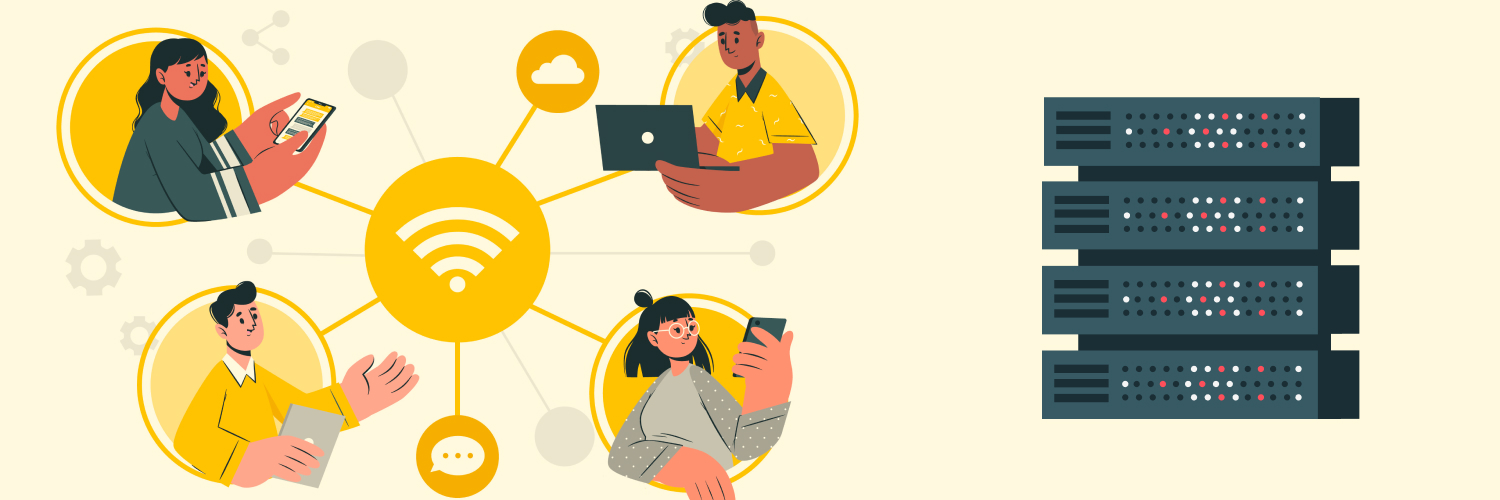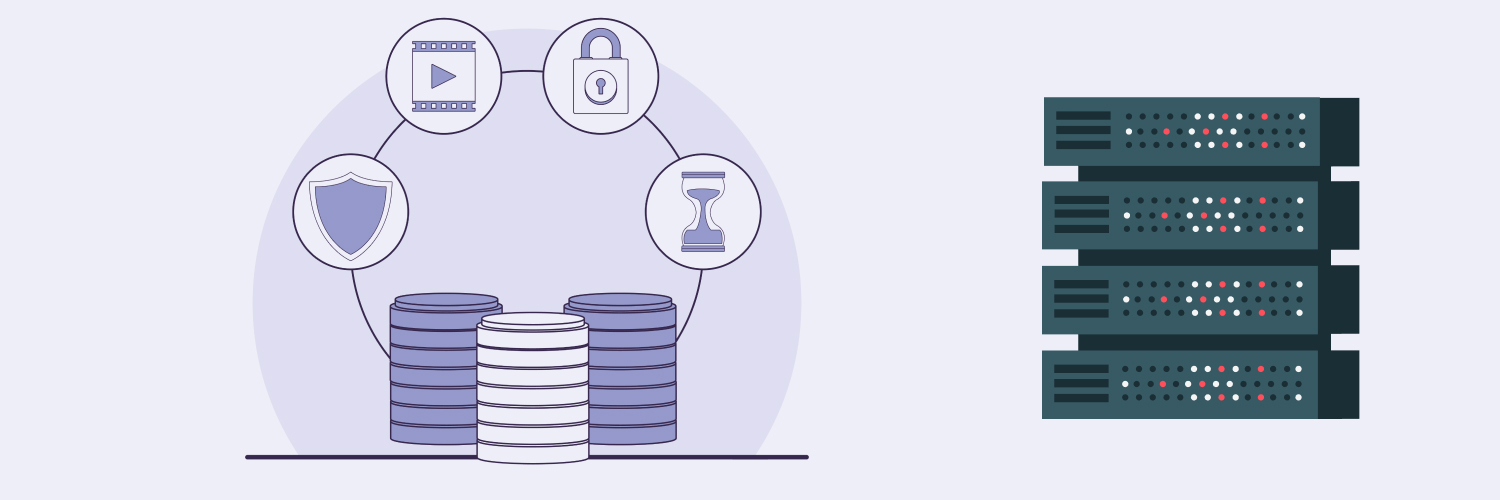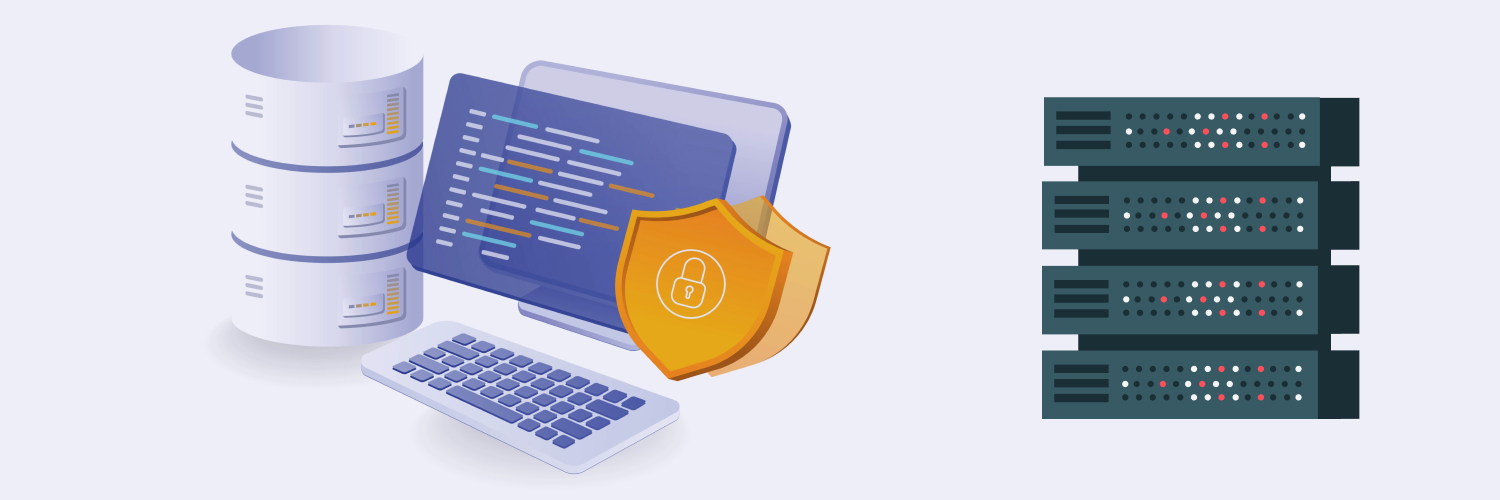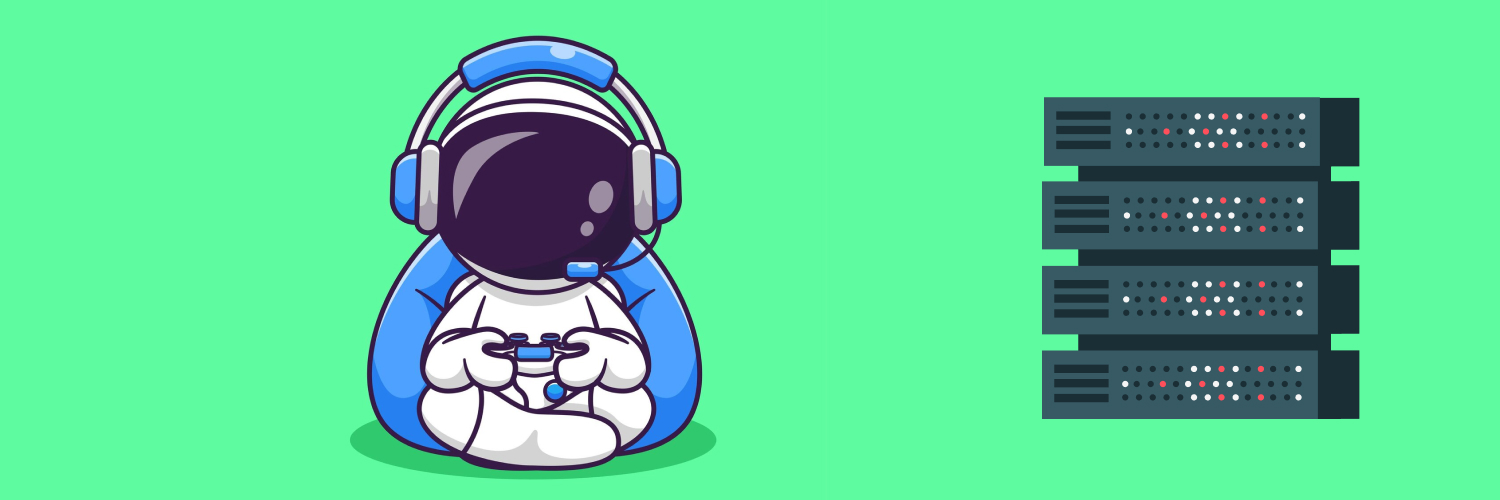Is My IP Leaking? The Ultimate Guide to Check for IP Leaks and Prevent Them
Have you ever asked yourself ”Is my IP leaking?” This question has become increasingly important in an era when online privacy has become a huge concern for many people. Why? Your IP address is a unique identifier that can reveal a lot about you, including your general geographical location, Internet Service Provider (ISP), and even browsing activity. That’s why it’s essential to prevent your IP address from leaking.
In this article, we’ll look at what IP leaks are, how they occur, and how to prevent them. We’ll also show you how to perform an IP leak test to see if your IP address is leaking.
IP Leaks 101

Your IP address, short for Internet Service Protocol address, is a unique identifier assigned to your device by your ISP. It consists of a string of numbers that tell websites, web applications, and other online services how to find and communicate with your device. In a nutshell, your IP address is like an online ZIP Code that helps you browse online with ease.
What is an IP leak?
An IP leak occurs when your IP address, which is supposed to remain discreet, is accidentally revealed to people who shouldn’t know it. Your IP address may leak due to various reasons, such as visiting an insecure website, using outdated software, or clicking on a malicious link.
When your IP address is compromised, it becomes a ”leaked IP address,” making you vulnerable to various privacy and security threats.
Consequences of IP Leaks

The consequences of an IP leak can be dire. Some real-world implications of an IP leak include:
Privacy invasion
When your IP leaks, it’s somewhat like peering through a window without curtains, drapes, or shades. It allows people to track your online activity, such as the searches you conduct and the websites you visit. This can be a considerable concern, particularly if you’re browsing the web for sensitive content.
Security concerns
A leaked IP address can make you susceptible to cyberattacks. Hackers could use your leaked IP address to launch a denial-of-service (DDoS) attack against you, making it difficult or impossible for you to connect to the internet.
For instance, a recent IP leak allowed hackers to launch DDoS attacks against Call of Duty: Black Ops Cold War servers, making the game unplayable for many users.
Financial losses
Skilled hackers can use your leaked IP address to hack your device remotely. Once they infiltrate your device, they could take over it and steal sensitive personal financial details, such as your credit card number, Social Security number, or bank account information, putting you at risk of financial losses.
Geolocation exposure
While your IP address can’t reveal your exact location, it can show your general location. Skilled hackers could use this information to stalk you and even find out when you aren’t home.
Targeted advertising
A leaked address can make you a prime target for personalized ads. While personalized ads can enhance your browsing experience, they can also feel intrusive.
Legal issues
In some cases, IP leaks can result in serious legal problems. If law enforcement agencies connect your IP address to illegal online activities, such as copyright infringement, you could be in trouble, even if you aren’t culpable. For instance, in 2009, a jury ordered a Boston University student to pay $675,000 for illegally downloading and distributing music online.
Reduced bandwidth
If your IP address isn’t private, your ISP can keep track of your online activity. Since most ISPs have Fair Usage Policies (FUPs), you may notice a sudden decline in your internet speeds if your ISP detects you’re using excessive bandwidth to stream or download large files. Data center proxies can allow you to circumvent this challenge by providing unlimited bandwidth.
How To Perform an IP Leak Test

An IP leak test lets you check whether your IP address is being leaked to websites, web apps, or other online services. If you want to answer the question ”Is my IP leaking?” an IP leak test can reveal the answer.
Follow these steps to conduct an IP leak check:
Choose an IP leak checker tool
There are many free and paid IP leak checkers available online. Some popular options include:
Both these sites are relatively similar. Simply visit one of them to run the test.
Disable your VPN or proxy
Before conducting the IP leak test, disable any Virtual Private Network (VPN) app or proxy server you might be using. Doing so will ensure your real IP address is revealed without any protective layer.
Visit the IP leak checker site
Visit either of the sites mentioned in the first step. Both will provide you with information about your current IP address and any leaks. When you land on the homepage of either site, the IP leak checker will automatically start analyzing your internet connection.
While the IP leak test results vary from tool to tool, typically, most tools will reveal the following:
- Your public IP address
- Your ISP
- Your geographical location
- Your time zone
Note down your public IP address and proceed to the next step.
Open your VPN app and select a location
Launch your VPN application and choose any geographical location. As a rule of thumb, pick the VPN location closest to your actual location to experience faster internet speeds.
Review your IP address
Next, revisit the website you visited in the third step where you performed the initial IP leak test and refresh the page to answer the question ”Has my IP been leaked?” If you see a new IP address and location, all is well. If not, then you have an IP leak at hand.
If the test results show your real IP address, don’t fret. Next, we’ll explore common causes of IP leaks and how to prevent them.
Common Causes of IP Leaks

IP leaks can occur due to various reasons. Knowing the common causes of IP leaks is pivotal to answering the question, ”Is my IP leaking?” and safeguarding your online identity and privacy. Bearing that in mind, here are some common causes of IP leaks:
VPN or proxy server misconfigurations
VPNs and proxy servers are designed to conceal your public IP address. Both tools hide your IP address by encrypting your internet traffic and routing it through secure servers. However, if they’re misconfigured, they may leak your public IP address. Check whether your VPN or proxy server is set up correctly to mask your IP address.
WebRTC leaks
WebRTC stands for Web Real-Time Communication. It’s a powerful open-source technology that allows browsers to communicate with each other in real time to facilitate things like video calls, voice calls, and instant file sharing. Unfortunately, WebRTC can leak your public and local IP addresses if it isn’t configured appropriately.
DNS leaks
DNS stands for Domain Name System. It’s a system that matches domain names with their corresponding IP addresses. Take our website, for instance. If you type https://rayobyte.com/ in your browser address bar and hit enter, your browser will contact a DNS server and request the unique IP address of our site.
DNS leaks happen when your DNS requests are routed through your ISP’s DNS servers rather than your VPN or proxy’s DNS servers.
Torrenting and peer-to-peer file sharing
Torrenting apps and peer-to-peer (P2P) file-sharing programs let you download and share files directly with other users. However, while they facilitate file sharing, they can make your IP address visible to other users since they rely on decentralized computer networks rather than a central server.
Discord IP leak
Discord is a popular instant messaging and voice call platform, particularly among online gamers. However, despite its popularity, Discord has received some notoriety for IP leaks. While Discord has taken steps to mitigate the issue, it’s still important to exercise caution to protect your IP address when using the platform.
Harmful websites
Visiting malicious websites can make you vulnerable to an IP leak. Hackers may embed code on these sites to retrieve your IP address without your knowledge. They may also post links on these sites to redirect you to other sites designed to find your public IP address.
Browser extensions and add-ons
Some browser extensions and add-ons may leak your IP address by revealing your DNS queries. So be wary of any extensions you install. As a rule of thumb, check the permissions and reviews of extensions or add-ons you install. Also, only install extensions or add-ons from trusted sources.
If you’re unsure whether an extension or add-on is reputable, it’s advisable to exercise caution and not install it.
How To Prevent IP Leaks
Now that you’re conversant with the common causes of IP leaks, you can take measures to mitigate them. Here are some steps you can take to protect your IP address and safeguard your online privacy:
Use a reputable VPN provider
A reputable VPN is arguably your best defense against an IP leak. VPNs encrypt traffic and route it through servers in other geographic locations, making it impossible for websites and web apps to detect your public IP address.
Here are some key factors to consider when choosing a VPN:
- Security features: Look for a VPN that uses strong encryption methods. A reputable one should offer at least AES-256 encryption. Also, look for a VPN with a kill switch that automatically terminates your internet if the VPN connection fails, preventing your IP address from leaking.
- Privacy policy: Choose a VPN with a strict no-logs policy. This means the VPN won’t keep records of your online activity.
- Connection speed: Select a VPN with fast speeds, particularly if you want to use it for 4K streaming or large file transfers.
- Server locations: Pick a VPN with a wide network of servers in multiple locations. This will help you bypass geo restrictions and get better performance.
- Additional features: Some VPNs offer extra features like ad blockers and antivirus protection. Select a VPN with the features you require.
Regularly update your operating system and software
Outdated software may contain security vulnerabilities that cybercriminals could exploit to leak your IP address. Update your operating system, browser, and other applications to ensure you receive the latest security updates.
Disable WebRTC
Most modern browsers support WebRTC. If you’re worried about WebRTC leaking your IP address, consider installing a browser extension that disables it when you’re not using it.
Avoid public Wi-Fi for sensitive activities
Public Wi-Fi networks aren’t secure, so it’s best to avoid them for sensitive activities like online banking, shopping, or sending confidential emails. If you must use public Wi-Fi, connect through a reliable VPN to encrypt your traffic.
Secure your home network
Safeguard your home network against IP leaks by using a strong Wi-Fi password that you change often, keeping your router’s firmware up to date, and changing the default router login credentials. Also, if your router doesn’t support the latest WPA3 security protocol, consider upgrading to one that supports it.
Adopt safe browsing habits
Besides the measures listed, practicing safe browsing habits is vital to prevent IP leaks. Here are some best practices to follow when browsing online:
- Avoid clicking on suspicious links or visiting unsecure websites.
- Avoid opening email attachments from unknown senders.
- Enable two-factor authentication whenever possible.
Implementing these tips and strategies can significantly reduce the risk of your IP address becoming compromised and enhance your online privacy. If you’re wondering how to prevent IP address spoofing, these measures can also help with IP address fraud prevention. IP address spoofing, or IP address fraud, occurs when cybercriminals use spoofed IP addresses and commit crimes, such as online impersonation or credit card fraud.
Conclusion

As online privacy and security become a huge concern for more internet users, the questions ”Is my IP leaking?” and ”how to prevent IP spoofing attack?” are crucial questions you can’t ignore. IP leaks can seriously threaten your online privacy and security, so it’s essential to prevent them. By adopting the tips we’ve provided, you can keep your IP address private and protect your online anonymity.
Want to safeguard your digital identity and browse the web securely? Sign up for one of our leak-free proxy services today and prevent your IP address from leaking.
The information contained within this article, including information posted by official staff, guest-submitted material, message board postings, or other third-party material is presented solely for the purposes of education and furtherance of the knowledge of the reader. All trademarks used in this publication are hereby acknowledged as the property of their respective owners.






